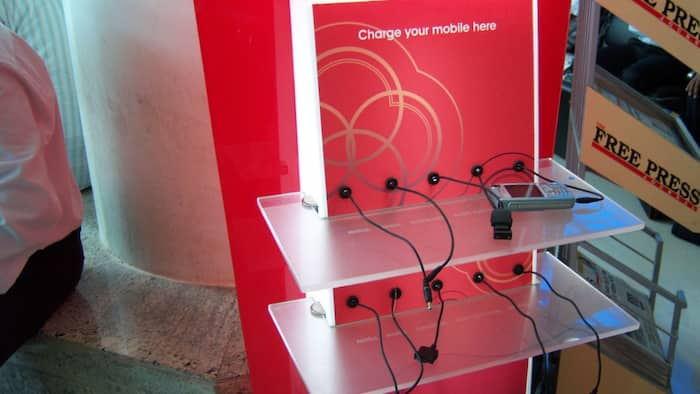
Written By Shubham Verma
Published By: Shubham Verma | Published: Mar 31, 2024, 11:39 AM (IST)

The Indian government has warned smartphone users against an ongoing “USB charger scam,” which essentially targets potential devices to steal private information. The Indian Computer Emergency Response Team (CERT-In) has urged people not to use phone charging stations available at public places such as airports, hotels, bus stations, railway stations, and cafes. The advisory says that cybercriminals could use public USB chargers installed at these public places “for malicious activities,” commonly called ‘juice jacking’. Also Read: Fake earning app Wingo banned in India; Android users asked to stay alert
Juice jacking is a possible security threat where cybercriminals target public USB charging points to steal data from connected devices or install malware on them. This is a common risk that smartphone users should be aware of, although there have not been many cases of juice jacking. The cautionary advice from CERT-In aims to inform smartphone users of this threat and suggest the best practices to safeguard their devices should they need to charge devices in a public place. Also Read: Using a TP-Link router? CERT-In says update it now to avoid this issue
According to CERT-In, juice jacking can happen to anyone because thinking about a potential cybercrime would be the last thing on a user’s mind when connecting their phone or tablet to a public charging point. It is imperative for users to keep in mind a few things: Also Read: Govt Seeks Clarification From Apple As ‘Mercenary’ Spyware Threat Alerts Reach Users In India
— Use electrical power outlets instead: If a user needs to charge their phone, go for the conventional electrical wall charging instead. For that, a power adapter will be required. CERT-In says that users should carry their personal cables and power adapters with them when they are travelling.
— Prefer power banks: Another good way to avoid using public charging points is to carry personal power banks. There are multiple options on the market, including power banks with very high battery charge holding capacity and fast output.
— Secure devices: It is important to check if a smartphone or tablet has a robust security lock. It is better to lock a device with biometrics so that any risk of unauthorised data access can be minimised. Users should also keep a check on the paired devices and avoid pairing their smartphones or tablets with unknown devices.
— Turn off the phone while charging: Should there be an urgent need for the user to charge the phone at a public charging point, consider turning it off before plugging it in. This reduces the risk of cybercriminals contacting the device for nefarious purposes.